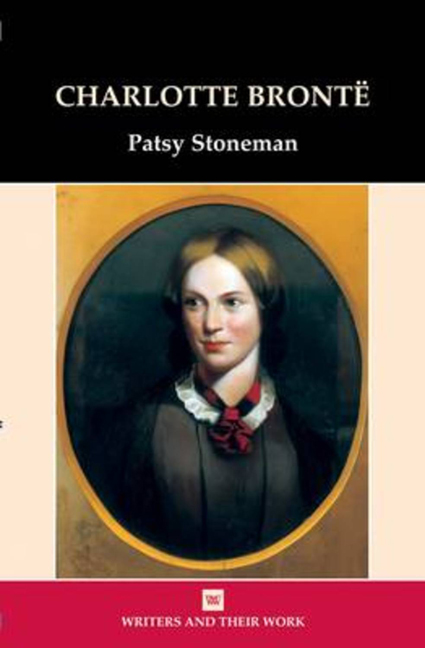5 - Villette
Summary
Villette has never been as popular as Jane Eyre – Kate Millett describes it as ‘too subversive to be popular’ – but its critical reputation is perhaps even higher. George Eliot found it ‘a still more wonderful book than Jane Eyre’, with ‘something almost preternatural in its power’. The modern critics Sandra Gilbert and Susan Gubar are characteristically uncompromising:
Lucy Snowe, Villette's protagonist-narrator, older and wiser than any of Brontë's other heroines, is from first to last a woman without – outside society, without parents or friends, without physical or mental attractions, without money or confidence or health – and her story is perhaps the most moving and terrifying account of female deprivation ever written.
The Victorian feminist Harriet Martineau found the book ‘almost intolerably painful’, afflicting the reader ‘with an amount of subjective misery which we may fairly remonstrate against’. Matthew Arnold agreed, disliking the book because ‘the writer's mind contains nothing but hunger, rebellion and rage’.
For modern feminists, however, Charlotte Brontë's tale of emotional hunger is a valuable and necessary exposure of an important reality, and Arnold's phrase about ‘hunger, rebellion and rage’ has become a rallying-cry for protest against the constraints of conventional femininity. Although Gilbert and Gubar call Villette ‘Charlotte Brontë's most overtly and despairingly feminist novel’, Kate Millett emphasizes the power which resists the despair. For her, the heroine of Villette is a ‘neurotic revolutionary full of conflict, back-sliding, anger, terrible selfdoubt, and an unconquerable determination to win through’. Lucy may be imprisoned by her society, but, Millett writes, ‘escape is all over the book; Villette reads like one long meditation on a prison break’.
If Villette is primarily a study of interiority, of psychological isolation, however, this is not defined, as in Jane Eyre and Shirley, by geographical remoteness from ‘the busy world, towns, regions full of life’ (JE 109). Instead, Lucy's story unfolds in an urban and densely material social context, and this strange conjunction, as Heather Glen demonstrates, derives partly from Charlotte Brontë's own experience during the years of the novel 's composition. More than three years elapsed between the publication of Shirley in October 1849, and that of Villette in January 1853. The daily pattern of Charlotte's life in these years was radically changed by the deaths of her brother and sisters in 1848–9 which, given her father's reclusive habits, left her effectively alone in the Parsonage at Haworth.
- Type
- Chapter
- Information
- Charlotte Bronte , pp. 63 - 78Publisher: Liverpool University PressPrint publication year: 2011



